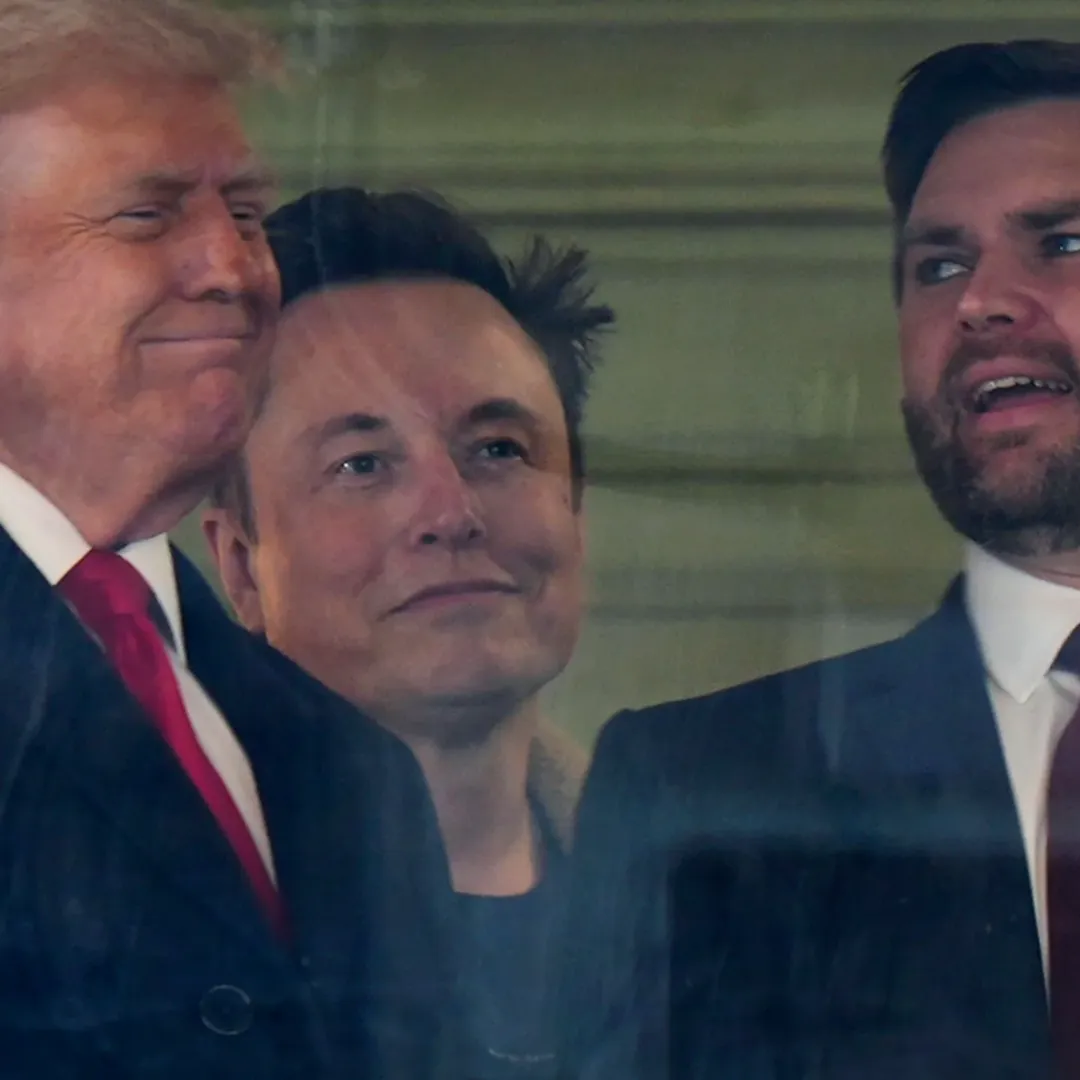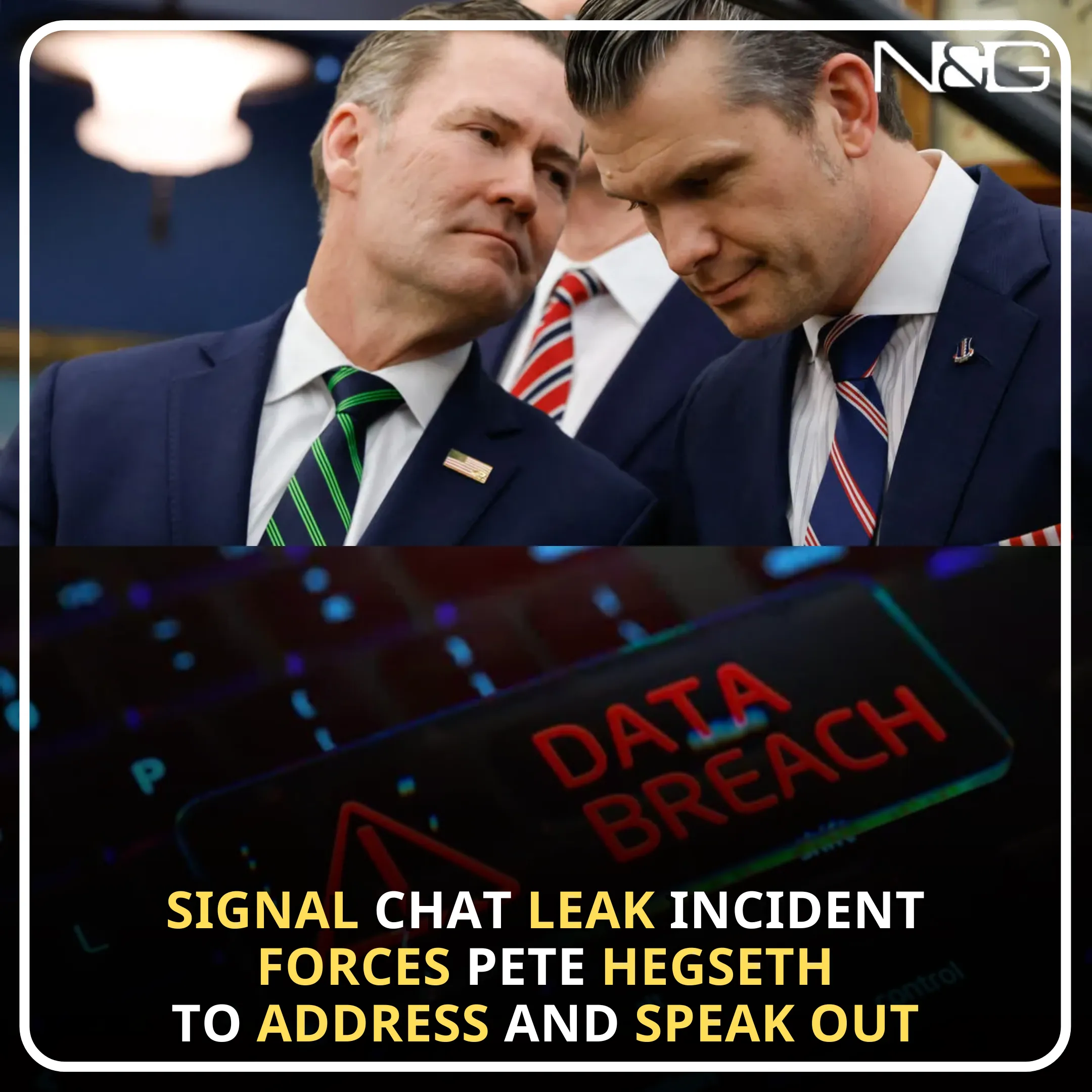New York Times political correspondent Maggie Haberman recently weighed in on the ongoing controversy involving President Trump and national security adviser Mike Waltz, particularly regarding a breach of a Signal group chat. Haberman’s comments, made during an appearance on CNN’s The Source with Kaitlan Collins, offer a glimpse into the administration’s handling of the situation.
According to Haberman, Trump’s defense of Waltz is part of a broader strategy to stand firm against media pressure and avoid appearing weak.
Waltz, who was involved in discussions about military strikes in Yemen, admitted earlier this week to adding The Atlantic's Editor-in-Chief Jeffrey Goldberg to a private group chat that was meant to discuss sensitive national security matters. The inclusion of Goldberg in the chat, which included key members of the Trump administration, quickly became a point of controversy when Goldberg released the full messages to the public.
Despite the gravity of the situation, President Trump has consistently defended Waltz, downplaying the severity of the breach and framing it as a simple mistake. For Trump, defending his national security adviser is part of a larger narrative in which he positions himself against the media, which he often accuses of exaggerating or distorting issues to undermine his administration.
During her appearance on CNN, Haberman explained that Trump’s reluctance to fire Waltz stems from a desire to avoid giving the media a victory. “Trump is very clear that, according to a number of people I’ve spoken to, he does not want to fire someone, because he sees that as giving in to the media,” Haberman stated.
She continued, “People around him see that as weak.” Haberman’s comments underscore the tension between the Trump administration and the media, particularly when it comes to how the media portrays the president’s actions and decisions.
This desire to stand firm against perceived media pressure has been a hallmark of Trump’s presidency, with the president frequently framing himself as a victim of media bias. In this case, Haberman suggests that the decision to not fire Waltz reflects Trump’s determination to avoid giving the media the satisfaction of seeing his administration face consequences for what they view as an avoidable mistake.
However, Haberman also noted that this strategy may not be sustainable in the long term. “Whether this is sustainable for them is another story,” she added, suggesting that the administration’s approach to the incident could eventually wear thin if the controversy continues to grow.
The Signal group chat breach centers around a message thread that was meant to discuss military planning related to strikes in Yemen. Waltz, who was a key figure in the discussions, added Goldberg to the chat, inadvertently sharing sensitive details about U.S. military plans.
In the thread, Waltz, Vice President Vance, Secretary of State Marco Rubio, Secretary of Defense Pete Hegseth, and Director of National Intelligence Tulsi Gabbard were all involved in the exchange.
Goldberg, who was not part of the original conversation, published the full contents of the chat on Wednesday, leading to significant public scrutiny. The breach of sensitive national security information raised concerns among former defense officials and others about the potential security risks posed by the leak.
In an interview with Fox News’ Laura Ingraham, Waltz attempted to downplay the incident, saying that he didn’t initially recognize Goldberg in the group chat. “I didn’t see this loser in the group. It looked like someone else,” Waltz said, referring to Goldberg.
“Now, whether he did it deliberately or it happened in some other technical mean, is something we’re trying to figure out.” Waltz’s comments have been criticized by some for downplaying the seriousness of the breach, though he has maintained that it was an error and not a deliberate act of negligence.
Despite the controversy, President Trump has repeatedly defended Waltz, framing the security breach as a minor mistake rather than a major scandal. “Michael Waltz has learned a lesson, and he’s a good man,” Trump said during an interview with NBC.
“It was the only glitch in two months, and it turned out not to be a serious one.” Trump’s comments reflect his tendency to minimize the significance of incidents that could be viewed negatively in the media, often downplaying the potential damage or consequences of a situation.
This dismissal of the breach as a mere mistake is consistent with Trump’s broader strategy of framing issues in a way that minimizes criticism and keeps his administration’s image intact. By labeling the breach as an isolated incident with no lasting consequences, Trump seeks to avoid any fallout that might damage Waltz’s standing or affect his role in the administration.
House Speaker Mike Johnson (R-La.) has echoed Trump’s defense of Waltz, stating that both Waltz and Secretary of Defense Pete Hegseth should not face punishment for their involvement in the Signal group chat breach. “They should not be punished,” Johnson argued, aligning himself with Trump’s stance that the incident should not result in any disciplinary action.
Johnson’s comments reflect the broader political dynamics at play, with many Republicans rallying behind Waltz and other figures within the administration, despite the growing backlash over the security breach. For some Republicans, defending Waltz is seen as a way to protect the broader integrity of the Trump administration and avoid any signs of weakness that might embolden political opponents.
Despite the controversy surrounding the Signal group chat breach, Waltz has continued to press forward with his duties as national security adviser. Waltz is scheduled to accompany Vice President Vance and second lady Usha Vance on a trip to Greenland this Friday, where they are set to visit a U.S. military base.
The trip is expected to highlight the continued U.S. military presence in the Arctic region, which has become increasingly important given the geopolitical tensions involving Russia and China.
Waltz’s ongoing involvement in high-profile international discussions reflects his continued influence within the Trump administration, despite the cloud of controversy surrounding him. While the Signal breach has drawn criticism, it has not led to any immediate consequences for Waltz’s role in the administration, and he continues to fulfill his responsibilities as national security adviser.
While Trump and his allies have downplayed the significance of the Signal breach, the incident has raised serious concerns about the handling of sensitive information within the administration. The leak of military plans, even if unintentional, highlights the risks associated with the high-stakes world of national security and the potential for sensitive information to be exposed.
In the bigger picture, the controversy underscores the ongoing challenges faced by the Trump administration in managing internal crises and handling political fallout. The way the administration responds to incidents like this one will play a key role in shaping public perception of the president’s leadership and his ability to maintain control over his administration.

As the situation continues to develop, it remains to be seen how much longer Trump and his allies can maintain their defense of Waltz and the administration’s handling of the breach. While some Republicans have rallied behind Waltz, the incident serves as a reminder that in the world of politics and national security, even small mistakes can have far-reaching consequences.





